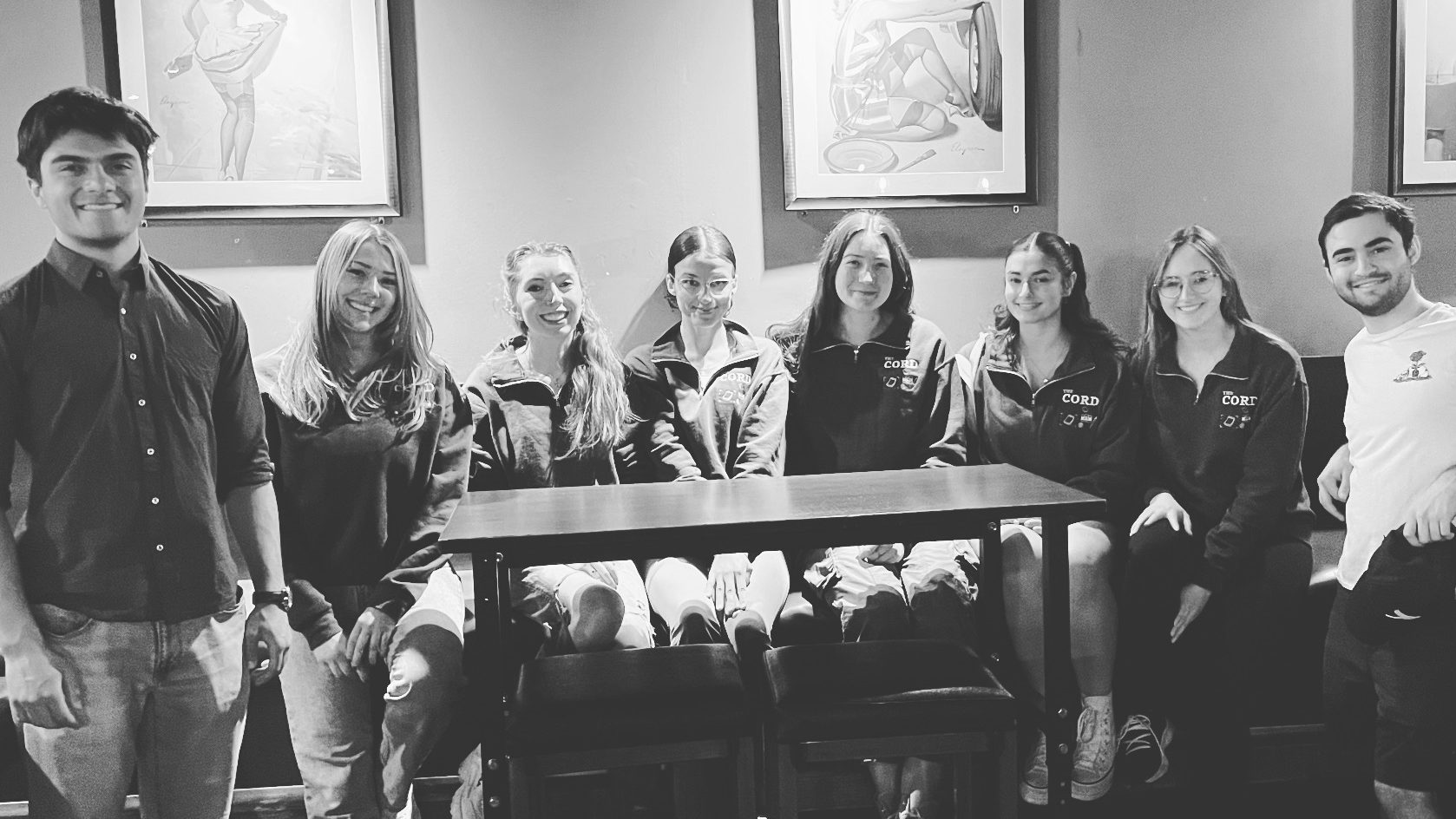Fourth-year Laurier PhD student Ann Marie Beals is exploring different ways to understand the experiences of Afro-Indigenous communities in Canada.
In 2016, Beals, who is two-spirit and has both African and Indigenous ancestry, started working on the Proclaiming Our Roots project, headed by Laurier associate professor Ciann L. Wilson.
Proclaiming Our Roots was meant to create a digital oral history of Afro-Indigenous peoples on Turtle Island.
“[The project is] to talk about who we are, how we navigate on these lands and what it looks like for us, in a sense, being duel marginalized, because we are both African diasporic and have Indigenous ancestry,” Beals said.
“But we’re also not homogenous […] so not to lump us together all as one but really a celebration of who we are.”
The project began with talks about the lack of efforts there had been to record those experiences.
“We really don’t see ourselves represented, we don’t hear anything about our history, we don’t see anything in the Canadian mosaic about who we are,” Beals said.
Individuals who identified as having Black and Indigenous ancestry were given the chance to contribute to the project on an arts-based participatory basis.
Participants created their own personalized digital content, with the intention of encouraging self-expression with opportunities to share their perspectives.
The project and the relations formed by it still continue today, said Beals. This happens primarily in the form of gatherings and Afro-Indigenous powwows, some of which are being planned for the future after having been delayed due to COVID-19.
“We really felt it was necessary to do this work on the land and in person,” they said.
While currently working on the unceded lands of the Haudenosaunee and Anishinaabe, Beals said they continue to be interested in exploring self-determination and reconciliation.
They also are interested in studying social determinants of health for Black and Indigenous communities.
This includes moderating a panel in March on what healing looks like in Black communities, organized by the office of the vice president of equity, diversity and inclusion at Laurier.
Students looking to study in a similar field should consider Laurier’s community psychology program which offers unique opportunities for students from marginalized communities, advises Beals.
The program allows students from marginalized backgrounds to engage with their community and pursue knowledge in different ways, they explained.
“Community psychology is a great place for that because we look at ways of doing research and ways of being and knowing that are outside the traditional western ways of doing research. It’s not as boxed in, it’s very transdisciplinary and interdisciplinary.”
The Proclaiming Our Roots project can be found online.








Leave a Reply
You must be logged in to post a comment.